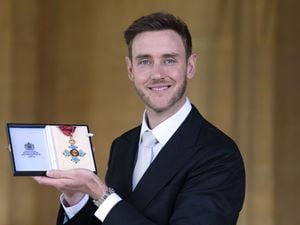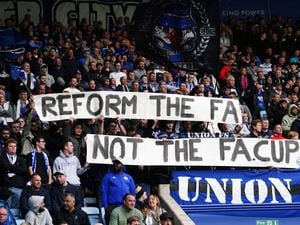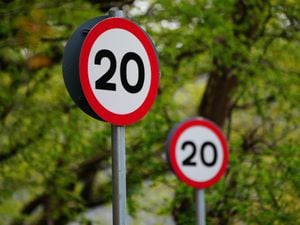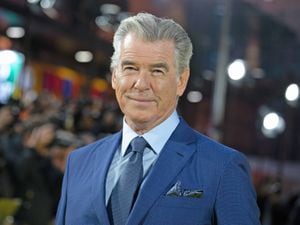How much is Britain’s relationship with Saudi Arabia worth?
UK trade with the Gulf nation might make intervention in the disappearance of journalist Jamal Khashoggi difficult.
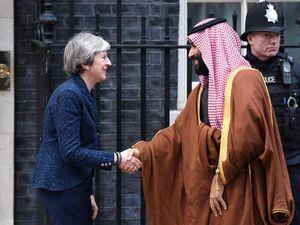
The Foreign Secretary has voiced his concern at the suspected murder of a Saudi journalist but his power to act may be hamstrung by the UK’s trade relationship with the Gulf state.
Jeremy Hunt and the other G7 nations said on Wednesday they were “very troubled” by the fate of the missing Washington Post columnist Jamal Khashoggi.
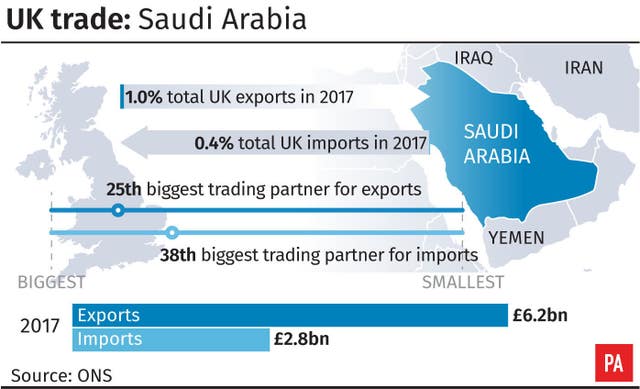
The measured statement came two weeks after he vanished from the Saudi embassy in Istanbul, but while some have called on the UK to impose sanctions, the lucrative trading relationship between the UK and Saudi Arabia, particularly arms exports, might make direct action unappealing.
In 2017, Saudi accounted for 1% of total UK exports, a total of £6.2 billion goods and services were exported to its shores.
In the same year, Saudi Arabia supplied 0.4% of UK imports, worth a total of £2.8 billion.
Figures from the Office of National Statistics showed that last year the UK exported machinery and transport equipment to Saudi Arabia worth £2.3 billion.
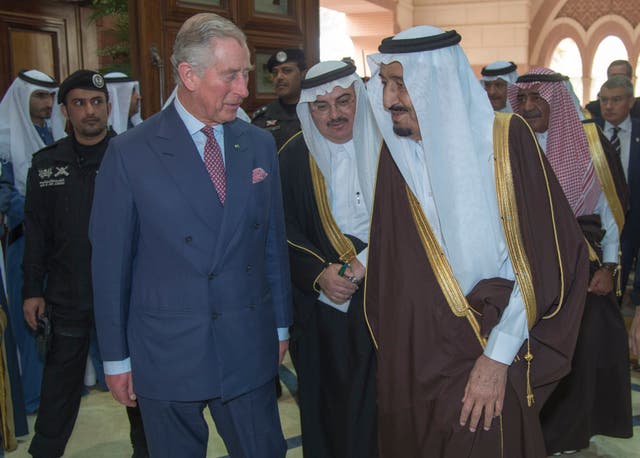
The figure is the 11th highest total among the UK’s non-EU trading partners, just behind Australia at £2.4 billion.
Machinery and transport was by far the most valuable type of UK export to Saudi Arabia in 2017, well ahead of goods like chemicals at £515 million, materials at £268 million and food and livestock at £197 million.
By contrast, the UK imported fuel from Saudi Arabia worth £1.3 billion in 2017, making Saudi the seventh biggest supplier of fuel from outside the EU, just behind Algeria at £1.4 billion.
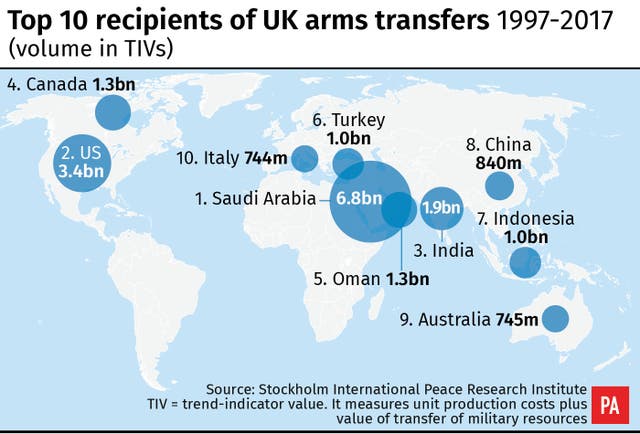
The most recent figures reveal Saudi is the UK’s 25th biggest trading partner for exports and the 38th most important trading partner for imports.
A parliamentary research briefing dated May 2018 revealed that, in 2016, 49% of UK arms and defence equipment exports went to the Middle East.
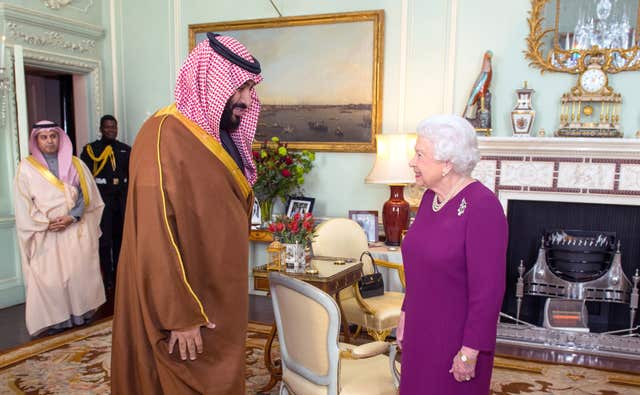
It said around £1.1 billion of licences were granted for export to Saudi Arabia, of which 98% were for licences “deemed to be for military use”.
The report said that there had been a clear upward trend in the volume of arms transfers to Saudi Arabia from 2008 onward from nations all over the world, most notably the United States.
It said: “The estimated volume of transfers to Saudi Arabia in 2017 was the largest in the last 20 years.”
Despite its poor track record on human rights and accusations of war crimes for its involvement in the ongoing civil war in Yemen, the UK has taken steps to strengthen ties with Saudi Arabia and its ruling family.
In March this year Crown Prince Mohammed bin Salman was treated to a three-day visit including lunch with the Queen and dinner with the Prince of Wales and the Duke of Cambridge.
Shortly afterwards, the Department for International Development announced it was launching a new partnership with Saudi Fund for Development, a government aid agency, to fund development projects in East Africa.
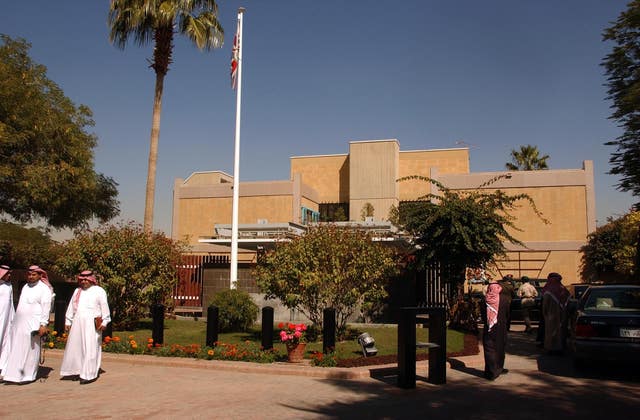
International Development Secretary Penny Mordaunt said at the time: “We are sharing the best of British expertise, and our collective efforts will help create jobs and livelihoods to support the poorest people to stand on their own two feet.
“This in turn will help to boost global prosperity which is in all our interests.”
The Foreign Secretary previously called for a “complete and detailed response” and a from Saudi Arabia and a “credible investigation” into the whereabouts of Mr Khashoggi.
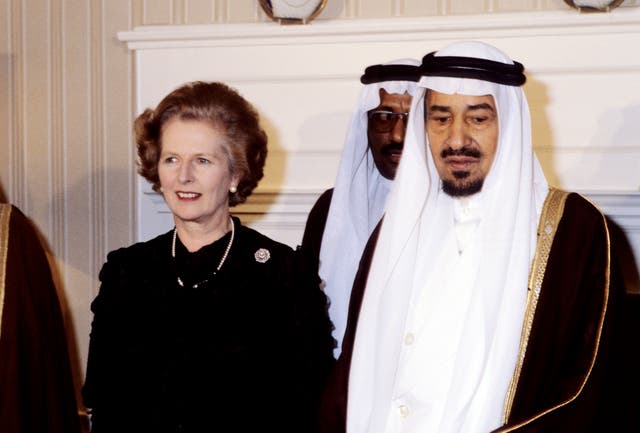
The restrained language contrasts that of the Turkish authorities, who allege Mr Khashoggi was killed on the premises because of his criticism of Saudi Crown Prince Mohammed bin Salman.
Last week, the Sabah newspaper, which is close to Turkish president Recep Tayyip Erdogan, revealed the identities of what it called a “mysterious” 15-member “assassination squad” who were allegedly involved in the disappearance.
Former foreign secretary Sir Malcolm Rifkind called for Britain and its allies to impose sanctions on Saudi Arabia for Mr Khashoggi’s disappearance.


